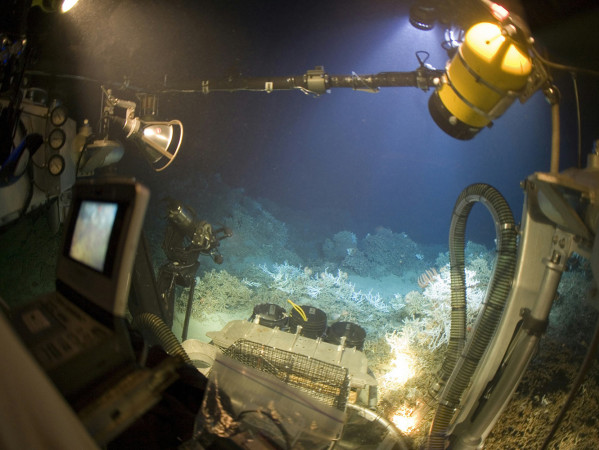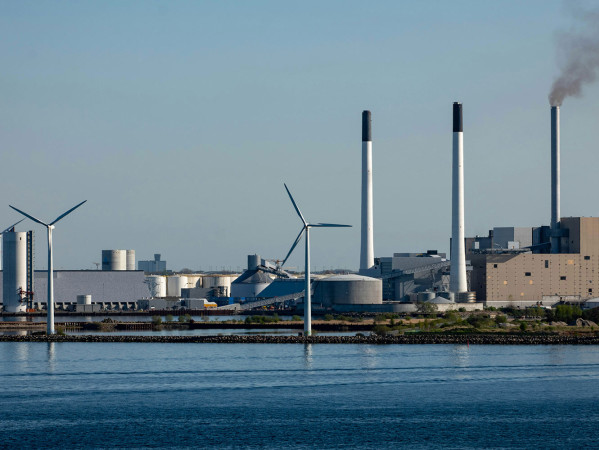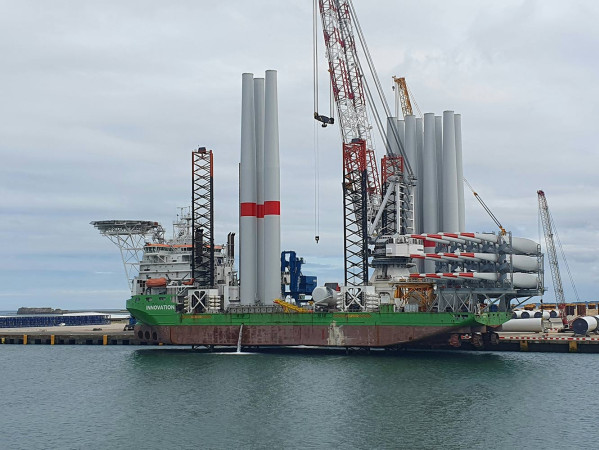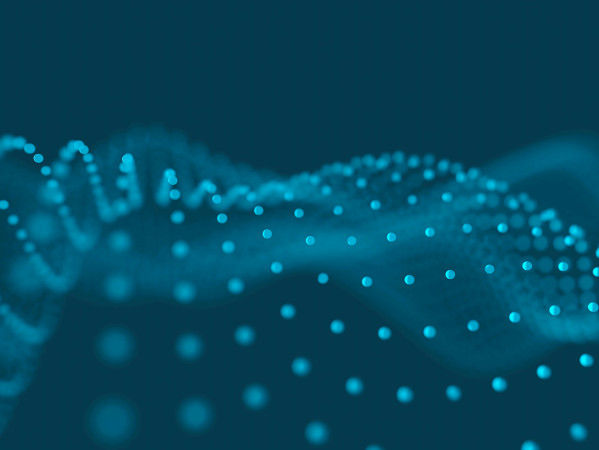Research
National Subsea Centre
The National Subsea Centre (NSC) is the multi-million-pound Centre of Excellence for subsea research and technology development, delivered through partnership between RGU and Net Zero Technology Centre (NZTC).
About the NSC
Accelerating the Energy Transition Through Smart Technologies Applied to Industrial Challenges
The NSC is harnessing the university’s academic expertise, research capability and facilities to establish a world-class research and development centre. The NSC aims to develop smart digital and engineering technologies to enable a faster, more cost-effective and sustainable transition to a net zero energy basin, locally in the North Sea and globally in energy environments.

Collaborative Working
Team members work collaboratively to find innovative solutions to industry challenges in an environment where positive disruptive thinking is encouraged. All research undertaken at the NSC is driven by leaders with expertise spanning the fields of data science and AI, optimisation and machine learning, digital twins and simulation, machine vision and remote sensing, techno-economic modelling, smart materials and manufacturing, robotics, renewable energy systems and decarbonisation, marine ecosystems and sustainable environment modelling.
This work is only made possible with the support of the NSC’s dedicated Operations teams which include Administration, Marketing & Communications and Business Development.
Find out more
Get in touch with the National Subsea Centre:

The Transparent Oceans Programme delivers trusted, data-driven insight into marine environments, enabling sustainable offshore development through advanced sensing, autonomous monitoring, and integrated environmental intelligence.

The Integrated Energy Programme develops system-level solutions for offshore and subsea energy integration, enabling secure, efficient, and low-carbon energy systems spanning hydrocarbons, renewables, hydrogen, and carbon management.

The Net Zero Operations Programme enables practical decarbonisation of subsea, offshore and related marine sectors, reducing emissions, energy use, and risk through operational innovation, digital optimisation, and lifecycle-focused engineering.

The Cyber-Physical Systems Programme advances intelligent, secure, and resilient integration of digital technologies with offshore and subsea assets, enabling trusted autonomy, real-time control, and cyber-resilient operations.

Partner with the National Subsea Centre to co-develop, test, and deploy innovative offshore and subsea solutions—accelerating impact, reducing risk, and strengthening competitiveness through collaborative research and knowledge exchange.

